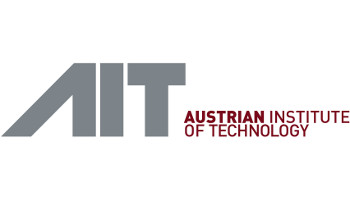Robust Vision Challenge 2022
The increasing availability of large annotated datasets such as Middlebury, PASCAL VOC, ImageNet, MS COCO, KITTI and Cityscapes has lead to tremendous progress in computer vision and machine learning over the last decade. Public leaderboards make it easy to track the state-of-the-art in the field by comparing the results of dozens of methods side-by-side. While steady progress is made on each individual dataset, many of them are limited to specific domains. KITTI, for example, focuses on real-world urban driving scenarios, while Middlebury considers indoor scenes. Consequently, methods that are state-of-the-art on one dataset often perform worse on a different one or require substantial adaptation of the model parameters.
The goal of this challenge is to foster the development of vision systems that are robust and consequently perform well on a variety of datasets with different characteristics. Towards this goal, we propose the Robust Vision Challenge, where performance on several tasks (eg, reconstruction, optical flow, semantic/instance segmentation, single image depth prediction) is measured across a number of challenging benchmarks with different characteristics, e.g., indoors vs. outdoors, real vs. synthetic, sunny vs. bad weather, different sensors.
We encourage submissions of novel algorithms, techniques which are currently in review and methods that have already been published.
Questions? Please see the Submit Results page for anwsers regarding the RVC rules.
RVC 2022 features five challenges: stereo, optical flow, single image depth prediction, object detection, and semantic segmentation. Participants are free to submit to a single challenge or to multiple challenges. For each challenge, the results of a single model has to be submitted to all benchmarks (indicated with an x below).
| Juni 15, 2022 |
Training data and development kit released:
https://github.com/ozendelait/rvc_devkit |
July 15, 2022 |
RVC Submission system is online |
October 3, 2022 |
Submission deadline (23h59 CEST/UTC+2 == 2:59pm PDT) |
October 14, 2022 |
Report deadline (23h59 UTC+2) |
October 23, 2022 |
Robust Vision Challenge 2022 Workshop at ECCV 2022 (Virtual Fullday) |






